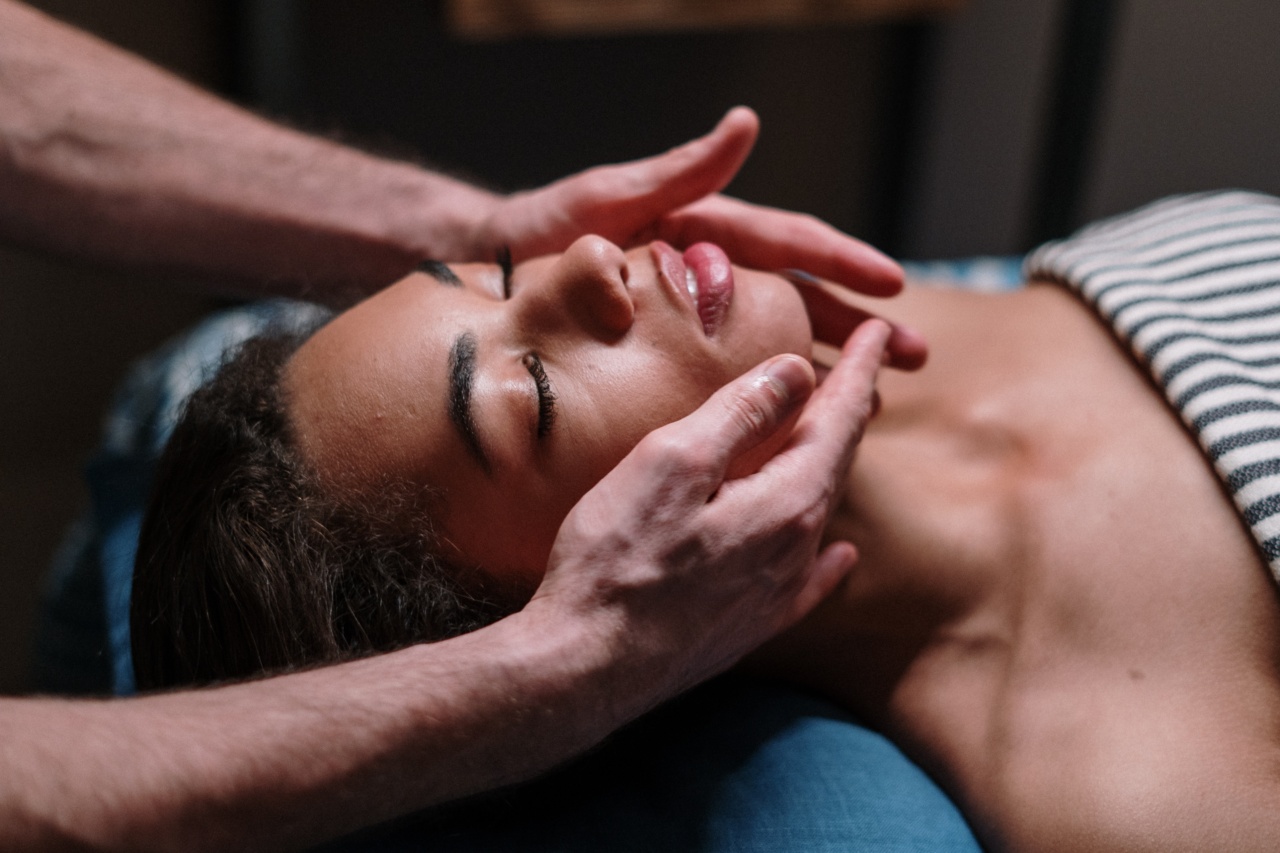Excess oil production is a common skin problem faced by many people. When your skin produces excess sebum, it can cause acne, blackheads, whiteheads, and other skin problems. But it does not have to be so. You can control excess oils on your skin.
Here are five tips that can help:.
Tip 1: Use a Gentle Facial Cleanser
Using a gentle facial cleanser is one of the essential steps to control excess oils on your skin. When you use a facial cleanser, it helps to remove dirt, oil, and other impurities from your skin. But it would be best if you used a gentle cleanser.
Using harsh cleansers can strip your skin of its natural oils, leading to the production of more sebum. It would help if you went for cleansers that are formulated for oily skin or are gentle to use on all skin types.
Tip 2: Exfoliate Your Skin Regularly
Exfoliating your skin is another essential step to control excess oils. Exfoliation helps to remove dead skin cells from your skin’s surface, which can clog your pores and cause acne.
It also helps to unclog pores, allowing your skin to breathe better. But it would be best if you did not over-exfoliate your skin. Over-exfoliating your skin can irritate your skin, leading to more oil production. It is advisable to exfoliate your skin once or twice a week, depending on your skin type.
Tip 3: Use a Toner
Using a toner on your skin is another way to control excess oils. A toner helps to remove any leftover impurities from your skin after cleansing. It also helps to balance your skin’s pH levels, making it less prone to oil production.
But it would help if you went for toners that are alcohol-free. Alcohol can strip your skin of its natural oils, leading to more oil production.
Tip 4: Moisturize Your Skin
Moisturizing your skin is an essential step to control excess oils on your skin. When you moisturize your skin, it helps to keep your skin hydrated, preventing it from producing excess oil. But it would help if you went for oil-free moisturizers.
Oil-free moisturizers are specifically formulated for oily skin types. They are lightweight and are quickly absorbed into your skin, making them ideal for daily use.
Tip 5: Watch Your Diet
Your diet can also play a significant role in controlling excess oils on your skin. Consuming foods high in sugar and fat can lead to more oil production on your skin. But foods rich in vitamins A, C, and E can help control oil production on your skin.
It would help if you also stayed hydrated by drinking plenty of water daily. Staying hydrated can help flush out toxins from your body, reducing the production of excess oil on your skin.
Conclusion
Controlling excess oils on your skin is not impossible. With the above tips, you can help keep your skin healthy and oil-free. But with any skincare routine, it is essential to be patient and consistent.
It may take some time for you to see the results you desire, but with perseverance, you will achieve your goal.






























